Pesticides on the peaks: Alpine study made the Top 25 of 2024 in Communications Earth & Environment.
Continue readingTop 25 papers of 2024: pesticides spread in an Alpine Valley



Pesticides on the peaks: Alpine study made the Top 25 of 2024 in Communications Earth & Environment.
Continue reading
The Institute of Environmental Sciences Landau of the RPTU Kaiserslautern-Landau is looking for a dedicated researcher (m/f/d) in the field of chemical analysis of pesticides and the ecology of insects to start 1. August 2025 (limited until 31. July 2028).
Continue reading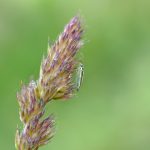
Modern agro-ecosystems are extensively contaminated with pesticides, but the effects of these chemicals on insect biodiversity are poorly understood. Jan Erik Sedelmeir reports in this blog post about a new study, carried out at the Department of Applied Entomology at the University of Hohenheim under the direction of Georg Petschenka.
Continue reading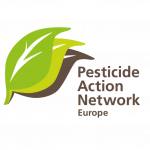
“Insects and other arthropods are disappearing at an alarming rate all over Europe and pesticides play a major role.” Recently the European Pesticide Action Network (PAN) interviewed Professor Dr. Carsten Brühl, specialist in ecotoxicology.
Continue reading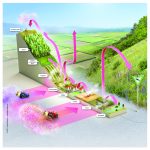
Landau, 12.03.2025 – A new study by the RPTU Kaiserslautern-Landau, published in Communications Earth & Environment, shows extensive pesticide contamination in the landscape of the Upper Rhine Region. Pesticides disperse across the entire landscape, contaminating soil, vegetation, and water far beyond agricultural zones. The findings shed new light on the potential environmental impacts of conventional agriculture. According to the researchers, pesticide use must be reduced urgently in order to protect non-target areas around fields, orchards and vineyards.
Continue reading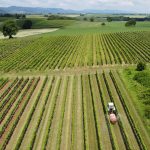
Landau, 21.01.2025 – In conventional agriculture, synthetic chemical pesticides are used in various crops such as arable farming, vegetable growing and viticulture. A study by the RPTU University Kaiserslautern-Landau, recently published in the journal “Scientific Reports”, is the first to examine pesticide contamination over the course of a year. It shows that substances can be detected not only during the spraying periods in the fields, but also throughout the year and in adjacent meadows. The impact of these chronically detected complex pesticide mixtures on the environment has not been sufficiently investigated and could be significant.
Continue reading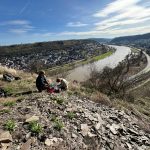
In this blog post, Lorenz Witt and Ken Mauser provide some background on an excursion to the Mosel Valley. Their objective was to investigate the exposure of terrestrial non-target ecosystems to pesticides, potentially threatening the remaining habitat of a critically endangered butterfly species.
Continue reading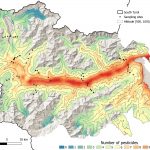
In this blog post Carsten Brühl is explaining the background of this first landscape level terrestrial pesticide exposure study.
Continue reading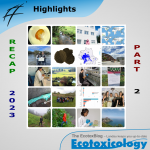
In this second and final installment of the ‘Highlights of 2023’ series, we give our readers a glance of another 3 most visited posts in this year.
Continue reading
In this blog post, Carolina Honert is recommending the ARTE documentary ‘How Chemical Giants Destroyed our Ecosystem’.
Continue reading